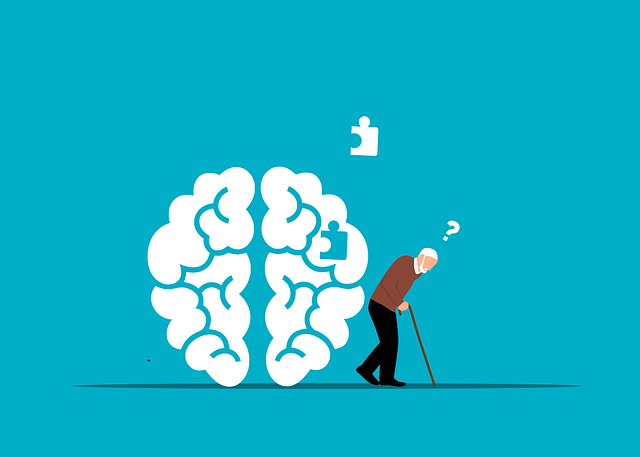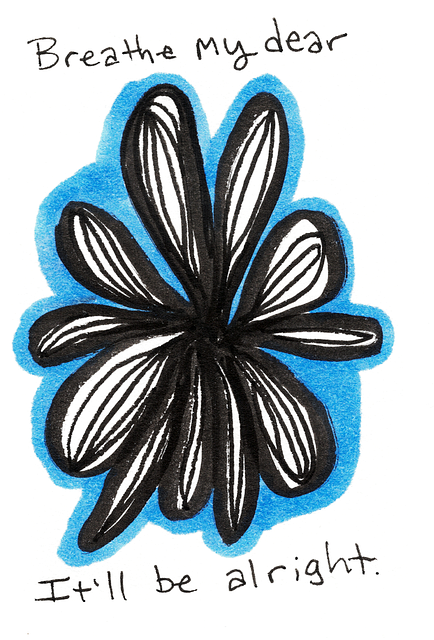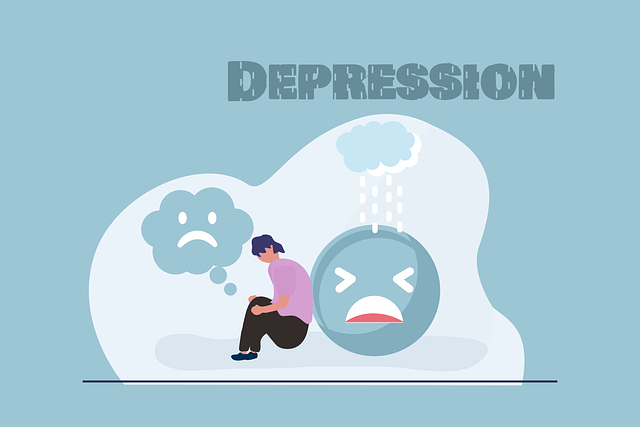Mental wellness is crucial for overall well-being, impacting daily life, stress management, and personal growth. Prioritizing mental health involves strategies like Superior Pain Management Therapy (SPMT), which focuses on building resilience and coping skills. Journaling emerges as a powerful SPMT tool, allowing individuals to explore emotions, gain insights, and manage stress effectively. Regular journaling boosts emotional intelligence, enhances coping mechanisms, and reduces anxiety, depression, and stress levels. By creating a dedicated mental wellness journal with structured headings and therapeutic practices, one can cultivate self-awareness, process traumas, and promote overall mental wellness through SPMT.
“Unwind and embrace the transformative power of self-reflection with mental wellness journaling. This article guides you through a journey of enhanced well-being, offering insights into how journaling can be a powerful tool for managing daily life stressors. From understanding mental wellness and its profound impact to creating a personalized journal and employing effective techniques, discover why this practice is a superior pain management therapy. By the end, you’ll be equipped with the knowledge to embark on your own healing narrative.”
- Understanding Mental Wellness and Its Impact on Daily Life
- Introducing Journaling as a Therapeutic Tool
- Benefits of Regular Journaling for Mental Health
- Creating Your Journal: A Step-by-Step Guide
- Effective Techniques to Maximize Journaling's Positive Effects
Understanding Mental Wellness and Its Impact on Daily Life

Understanding mental wellness is crucial as it significantly influences our daily lives. Mental wellness refers to our emotional, psychological, and social well-being, impacting how we think, feel, and act in various aspects of life. It’s about maintaining a state of balance and resilience, enabling us to cope with stress, make meaningful connections, and reach our full potential. When mental wellness is compromised, it can lead to challenges that affect our productivity, relationships, and overall quality of life.
In today’s fast-paced world, prioritizing mental health has become more important than ever. Effective strategies such as superior pain management therapy play a pivotal role in enhancing well-being. By focusing on resilience building and coping skills development, individuals can navigate life’s obstacles with greater ease. Mental health awareness empowers people to seek support, understand their emotions, and make positive changes, ultimately leading to improved overall mental wellness.
Introducing Journaling as a Therapeutic Tool

Journaling has emerged as a powerful therapeutic tool, offering individuals a unique way to explore and understand their mental wellness. This simple yet profound practice involves recording thoughts, feelings, and experiences, serving as a personal space for emotional well-being promotion techniques and superior pain management therapy. By putting pen to paper, or fingers to keyboard, people can engage in a process of self-reflection and emotional healing.
Through journaling, individuals can gain valuable insights into their emotions, track their progress, and identify patterns that contribute to both their personal growth and confidence boosting. It provides an opportunity for self-care, allowing one to confront and process challenging situations while cultivating a deeper understanding of themselves. This activity facilitates emotional healing processes, helping to manage stress, anxiety, and even chronic pain more effectively.
Benefits of Regular Journaling for Mental Health

Regular journaling has been shown to offer a plethora of benefits for mental health and well-being. It serves as an effective Superior Pain Management Therapy, providing individuals with a safe space to process emotions, reflect on experiences, and gain clarity in their thoughts. By putting pen to paper, one can engage in self-reflection, which is instrumental in cultivating emotional intelligence – the ability to recognize, understand, and manage one’s own emotions, as well as those of others. This practice allows for better coping mechanisms and enhanced resilience in navigating life’s challenges.
Furthermore, journaling can be a powerful tool for trauma support services, enabling individuals to process past traumas or current stressors in a healthy way. It promotes mental health awareness by encouraging self-awareness, helping people identify triggers, and fostering personal growth. Through regular expression of thoughts and feelings, one can reduce anxiety, depression, and stress levels, ultimately leading to improved overall mental wellness.
Creating Your Journal: A Step-by-Step Guide

Creating your mental wellness journal is a powerful first step towards superior pain management therapy. Start by choosing a space that feels calming and quiet, free from distractions. This could be a dedicated corner in your home or even a peaceful spot outdoors. Select a notebook or digital tool that suits your preference; some people find the tactile experience of pen to paper comforting, while others prefer the flexibility and accessibility of a digital journal.
Next, decide on a structure for your journal. Begin with a simple format: date, mood, thoughts, and feelings. Under each heading, allow space for free-flowing writing, drawing, or even collage elements that represent your emotions. Consider incorporating practices like emotional intelligence reflection, mindfulness meditation insights, or gratitude lists to enhance the therapeutic effect. Remember, consistency is key; aim to journal regularly, whether daily or a few times a week, to build a habit that supports your mental wellness journey.
Effective Techniques to Maximize Journaling's Positive Effects

Engaging in regular journaling can significantly enhance mental wellness and serve as a powerful tool for self-reflection and growth. To maximize its positive effects, incorporate reflective writing, setting specific goals, and utilizing prompts tailored to your needs. For instance, focus on identifying triggers for stress or mood changes and explore strategies to manage them effectively. By documenting thoughts and emotions, you gain valuable insights into patterns contributing to mental health fluctuations.
Additionally, integrating practices like gratitude journaling can significantly boost your overall well-being. Expressing appreciation for life’s positives reinforces a sense of contentment and fosters a more optimistic outlook. This simple yet profound habit not only improves mood management but also acts as a proactive risk management planning strategy for mental health professionals, helping them maintain a healthy work-life balance and prevent burnout.
Mental wellness journaling can serve as a powerful tool for managing daily life stress and enhancing overall well-being. By combining self-reflection with creative expression, this simple practice allows individuals to gain profound insights into their thoughts and emotions. Through regular journaling, you can develop a deeper understanding of your mental health, improve coping strategies, and even achieve superior pain management therapy. Embracing this therapeutic habit may be just what you need to navigate life’s challenges with greater resilience and clarity.














